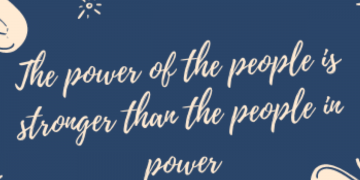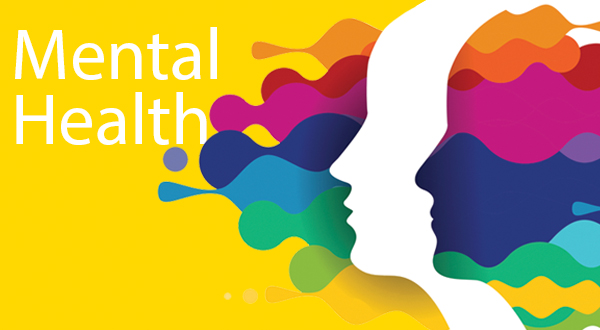Feeling down from time to time is something we all experience in life. But what happens when this feeling no longer goes away?
This has been a very difficult year for all of us, so it is definitely understandable to be upset or to feel hopeless and helpless.
In Malawi, whenever the term ‘mental illness’ or anything with the word ‘mental’ in it is brought up, people assume you have gone insane and need to be admitted to a psych ward or you are battling ‘demons’ and you should be sent to the church for prayers.
What most people do not understand is that mental illnesses and mental problems lie on a spectrum. These can range from minor to major issues that can affect how you think, feel and act.
Not addressing these issues could aggravate problems and make your situation worse over time. The chaos and disruption from 2020 has left many people feeling upset and in a constant state of hopelessness.
These are some activities that can make life much more enjoyable and alleviate any stress and anxiety you may be feeling. However, these are not a substitute for professional help and if you think you need that sort of assistance, call 999 and 997.
The most important thing you can do to help yourself is to reach out to people. Once again, the taboo surrounding mental health and wellness makes this act very difficult. This is especially so for men who, unfortunately, have higher suicide rates than women.
Isolating yourself from other people will only fuel the sadness you are feeling and make you feel much more miserable. Talking to people face-to-face will give you a chance to release whatever feelings you may have.
The person you are talking to does not even have to give you solutions; just being there with you and listening will make you feel better. This is because we, as humans, are social beings and feel better when we are able to talk to and with others.
If something is bothering you, talk to someone you trust such as a family member or friend.
Writing a list of all the things you should be grateful for every day or at least acknowledging this list every day, particularly in the morning, will make you feel grateful and may make you feel much better.
This is because we, as humans, tend to notice everything that goes wrong because that is how we were ‘wired’ to survive whilst noticing what goes right is how we thrive.
This list does not have to be very long; it could be a short list of the most important things in your life at the moment such as your family, having a roof over your head and a job or access to education.
Another important activity to start practising is exercise. Exercise is the most underrated treatment to sadness and other health issues both mental a physical.
This is because, thanks to evolution, every time you exercise, your body releases ‘feel-good chemicals’ such as serotonin which makes you feel good.
It does not have to be an intense workout. Even a 30-minute jog or walk can make a big difference. I suggest exercising in the morning to start your day feeling fresh. However, exercising according to your schedule is also another good option.
At the end of the day, feeling depressed is a normal part of life and you should not feel guilty about being upset in the midst of a pandemic. However, you have to make sure you are actively trying to make yourself feel better or improve before you get trapped in a vicious cycle of sadness.











































